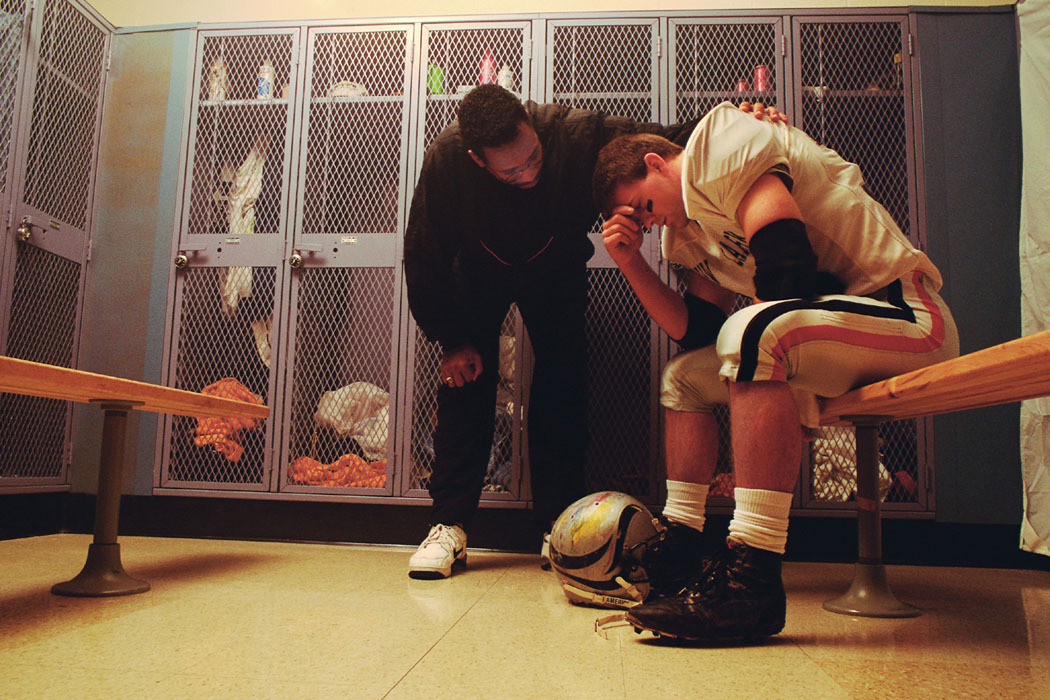Mid-life career change
 A
process to help you discover what you want to be when you
grow up
A
process to help you discover what you want to be when you
grow up
After a couple of decades in a corporate career, many people find themselves dissatisfied with their lives and their jobs, even those who have successfully climbed the corporate ladder. As a coach, I've developed a process to help people find themselves career-wise. Here's a summary of the process.
1. Write your epitaph – Think about what you would like on your tombstone when you die. What one sentence best sums up what you’d like to be remembered for? Rodney Dangerfield’s epitaph is “There goes the neighborhood.” The one I’ve written for myself is, “Loving wife and mother, known for infinite generosity and wisdom.”
2. What did you want to be as a child? Remember what your childhood dreams were? Even if they are completely unrealistic, what was it that attracted you to that profession?
3. Know your guiding values – Choose 3-5 values that are most important to you in your life. In other words, you don’t want to live without these things. Some examples are having a close family, pursuing meaningful work, learning new things, using my talents and skills, having good friendships, adventure, travelling, meeting new people, sharing my life with a partner, making a difference, having financial security, and finding inner peace. It helps to use a values card deck or other listing of values to help open up your thinking.
4. Choose people you admire – Who are your heroes and what qualities do you most admire about them? Albert Einstein? Mother Theresa? Martin Luther King? Choose about 4 people whom you admire and would like to emulate in your life and the two or three qualities that make them that way. How does your answer match with your values and epitaph? Revisit them if you need to do so.
5. Know your strengths – Make a list of those things you enjoy doing and are good at. Be sure to include hidden talents like being a good listener, writing concisely, good parenting, and other things you may do every day. How do your strengths currently match you occupation? What could you do that would better leverage your strengths?
6. Create your bucket list- What things do you want to do before you die (kick the bucket)? Write a book? (That was one of mine - done). Take a safari? Learn to scuba dive? Have children? Build the house of your dreams? Start your own company? Learn French? Pick out some items that you could do now and in the near future and create a plan to do them. If you have a big ticket item, like starting your own company, pick a time frame in which to do this and start planning for it.
7. Now ask yourself, what would you do with your life if you won the lottery? Although you may consider moving to a tropical island, what would you do when you tired of the beach? How would you like to create meaning in your life? Compare your answer with your values.
8. What would you do if you found out you only had 12 months to live? Would your life change in any way? How and why would you do that? Again, compare this with your values.
These questions don't guarantee an answer, but can help you think about what
is important to you in your life. Meditate on these things
and use your subconscious mind to help find the answers.
Our subconscious minds are much smarter than our conscious
ones.






 My
new book,
My
new book,





 If
you have some ideas for articles, please drop me a note
or leave a
If
you have some ideas for articles, please drop me a note
or leave a 
